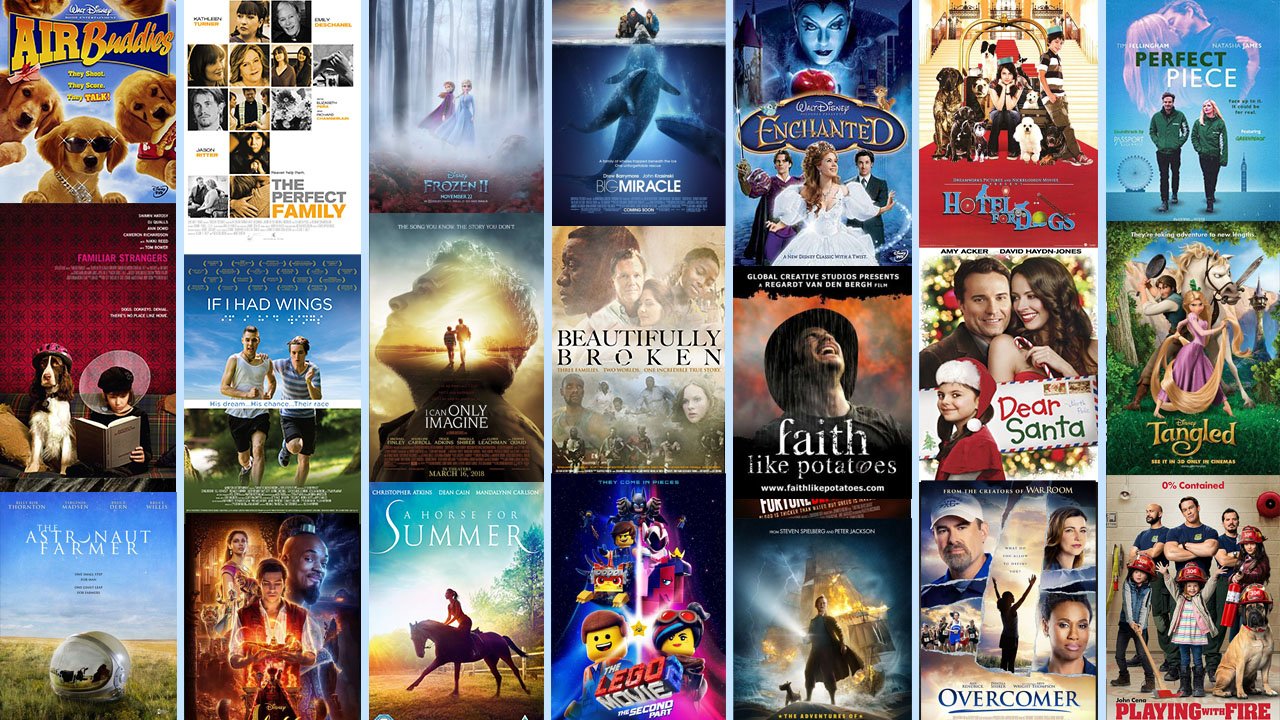Batter Links: Your Gateway to Trending News
Stay updated with the latest trends and insights from around the world.
Cinematic Catastrophes: When Great Actors Make Bad Movies
Discover the shockers of Hollywood as top actors star in jaw-droppingly bad movies—find out which films made the cut!
The Most Notorious Misfires: Great Actors in Terrible Films
In the world of cinema, even the most talented actors can find themselves trapped in terrible films. These notorious misfires often leave fans scratching their heads as to how such exceptional performances can exist within such lackluster storytelling. For instance, Nicolas Cage has delivered unforgettable performances in films like Leaving Las Vegas, but has also been part of disastrous projects like Left Behind. Despite his undeniable talent, the film failed to resonate with audiences, leading to critical backlash and box office failures.
Another example is Halle Berry, who captivated audiences with her Academy Award-winning role in Monster's Ball. However, her foray into terrible films such as Catwoman showcased a stark contrast to her on-screen prowess. The film's poor script and production choices overshadowed her performance, earning it a spot on many lists of the worst films in history. This raises a poignant question: how do such talented actors navigate the fine line between brilliance and mediocrity in their film choices?

Why Do Talented Actors Sign Up for Bad Movies?
One might wonder why talented actors choose to sign up for bad movies, seemingly derailing their illustrious careers. There are several reasons behind this phenomenon. First and foremost, actors often seek creative challenges that push their boundaries, even if the end product isn't critically acclaimed. Additionally, the financial aspect cannot be overlooked; even a poorly received film can provide significant monetary compensation, allowing actors to fund personal projects or support their lifestyle. Furthermore, the film industry is unpredictable, and what seems like a bad movie at first glance might have the potential for cult status or audience appreciation over time.
Another key factor is the importance of collaboration. Working with certain directors, producers, or fellow actors can be a strong motivation for talented actors to join a bad movie. They may have a deep respect for a specific team or wish to gain experience within a particular genre. Sometimes, actors are simply drawn to the uniqueness of a script or character, even if the overall product doesn’t meet high standards. Lastly, the landscape of modern-day cinema allows for a greater diversity of projects. An actor may see a film as a step towards exploring new artistic avenues, regardless of its critical reception.
From Oscar Winners to Flops: A Deep Dive into Acting Choices
Acting choices play a pivotal role in determining the success of a film, influencing its reception by both audiences and critics. From Oscar winners like Daniel Day-Lewis's transformative performance in 'Lincoln' to the utter missteps that resulted in box office flops, the decisions made by actors can define the narrative. It's fascinating to analyze how different acting styles and choices impact the overall movie experience, often distinguishing between films that become classics and those that are quickly forgotten.
One compelling aspect of this phenomenon is the balance between authenticity and creativity. For instance, while some actors might prepare extensively for roles by immersing themselves in character—much like Heath Ledger did for 'The Dark Knight'—others may take a more improvisational approach that offers a fresh perspective. These contrasting methods reveal a spectrum of possibilities that can lead to both Oscar-worthy performances and flop additions to an actor's filmography. Understanding these dynamics provides deeper insights into the art of acting and the factors that contribute to a film’s legacy.